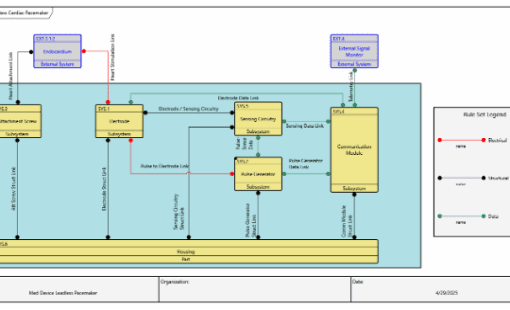As the digital era unfolds, digital engineering has emerged as a cornerstone of innovation and efficiency in the technological landscape. This discipline, which merges digital technologies with traditional engineering practices, is revolutionizing how we design, simulate, and manage projects across many industries–highlighting the unstoppable demand for digital engineering. This post looks at the growing importance of digital engineering and explores how companies like Zuken contribute to its evolution.
The Digital Transformation: A Catalyst for Change
The Era of Digitalization
Digitalization is not just a trend but a fundamental shift affecting all sectors. It signifies a move towards more innovative, efficient practices that leverage digital tools to streamline processes, enhance productivity, and foster innovation. Importantly, digital engineering stands at the heart of this transformation, offering a pathway to integrate complex systems seamlessly and to innovate at an unprecedented pace.
Unlocking New Possibilities
Digital engineering unlocks new possibilities, enabling professionals to define, simulate, and analyze designs with unimaginable precision and flexibility. These new capabilities come with the shift from documents to models. Models are at the heart of the digital engineering process. This shift is about improving existing processes and reimagining what is possible—pushing the boundaries of creativity and functionality in design and manufacturing.
The Impact Across Industries
Digital engineering transcends traditional industry boundaries, offering benefits that range from accelerated product development cycles to enhanced sustainability and everything in between. Specifically, the impact is profound in automotive, aerospace, and energy sectors. Driving the development of more efficient, reliable, and sustainable solutions that meet the demands of a rapidly changing world.
The Future Shaped by Digital Engineering
A Sustainable Outlook
One of the most significant impacts of digital engineering is its potential to drive sustainability. Moreover, by enabling more efficient design and manufacturing processes, digital engineering can reduce waste, lower energy consumption, and contribute to creating innovative and environmentally friendly products.

The Role of AI and Machine Learning
The future of digital engineering is inextricably linked with advancements in artificial intelligence (AI) and machine learning. Notably, these technologies promise to further enhance the capabilities of digital engineering tools. Enabling more sophisticated simulations, predictive analytics, and automated design optimizations can accelerate innovation while reducing costs.
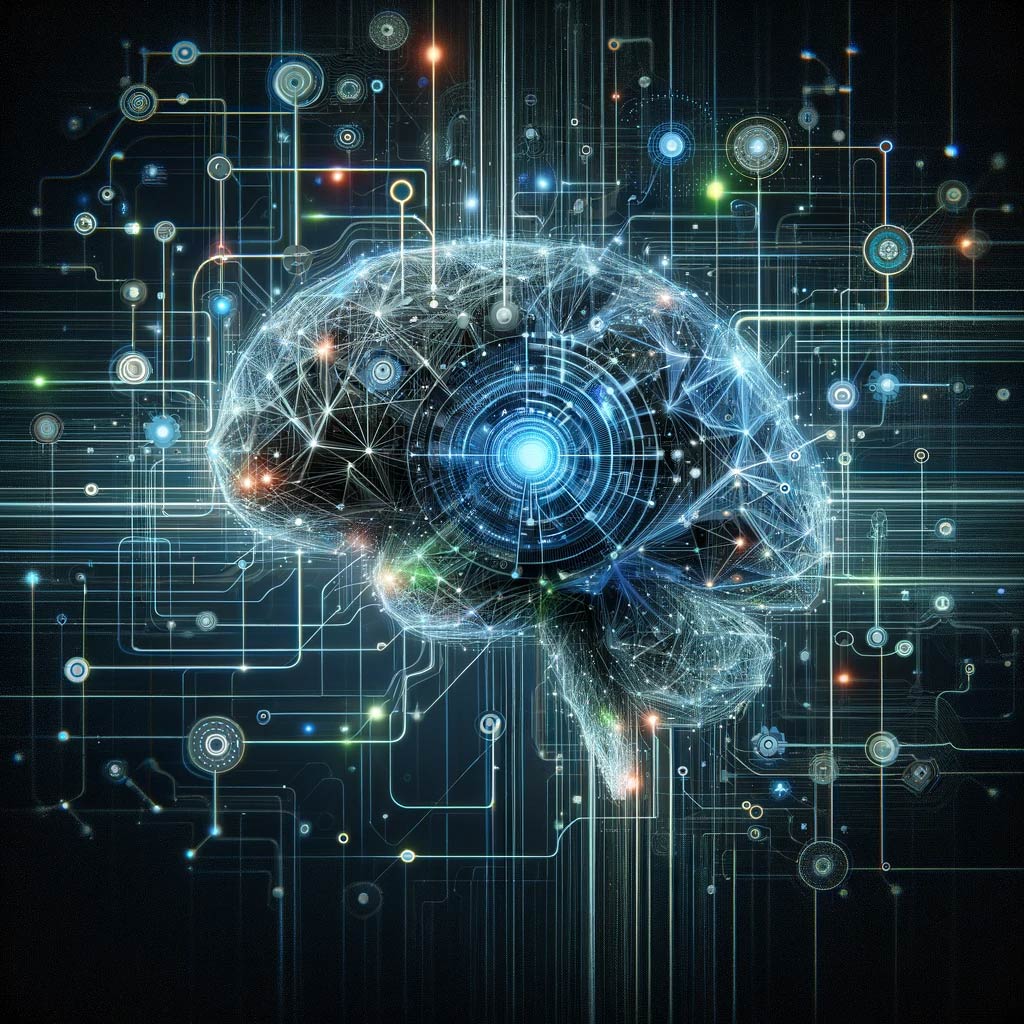
Zuken’s Contributions to Digital Engineering
Zuken has been a pivotal player in digital engineering, offering a suite of tools and solutions that embody the innovative spirit of this field. Specifically, Zuken Vitech and their Model-Based Systems Engineering (MBSE) solution, GENESYS, stand out as prime examples of how digital engineering practices can be applied to tackle complex systems integration challenges effectively.
GENESYS’ Connection to Detailed Design
Zuken’s acquisition of Vitech has significantly bolstered its portfolio by introducing GENESYS, an advanced MBSE solution. The addition of GENESYS equips Zuken with the essential components to bridge MBSE and detailed design for E/E systems, addressing a critical gap that has hindered the widespread adoption of digital engineering methods. Furthermore, Zuken delivered the industry’s first connector between GENESYS and Zuken’s E3.series, pioneering a model-based wire harness design process. This innovation streamlines the engineering process and enhances team collaboration, fostering a more integrated and efficient development environment.
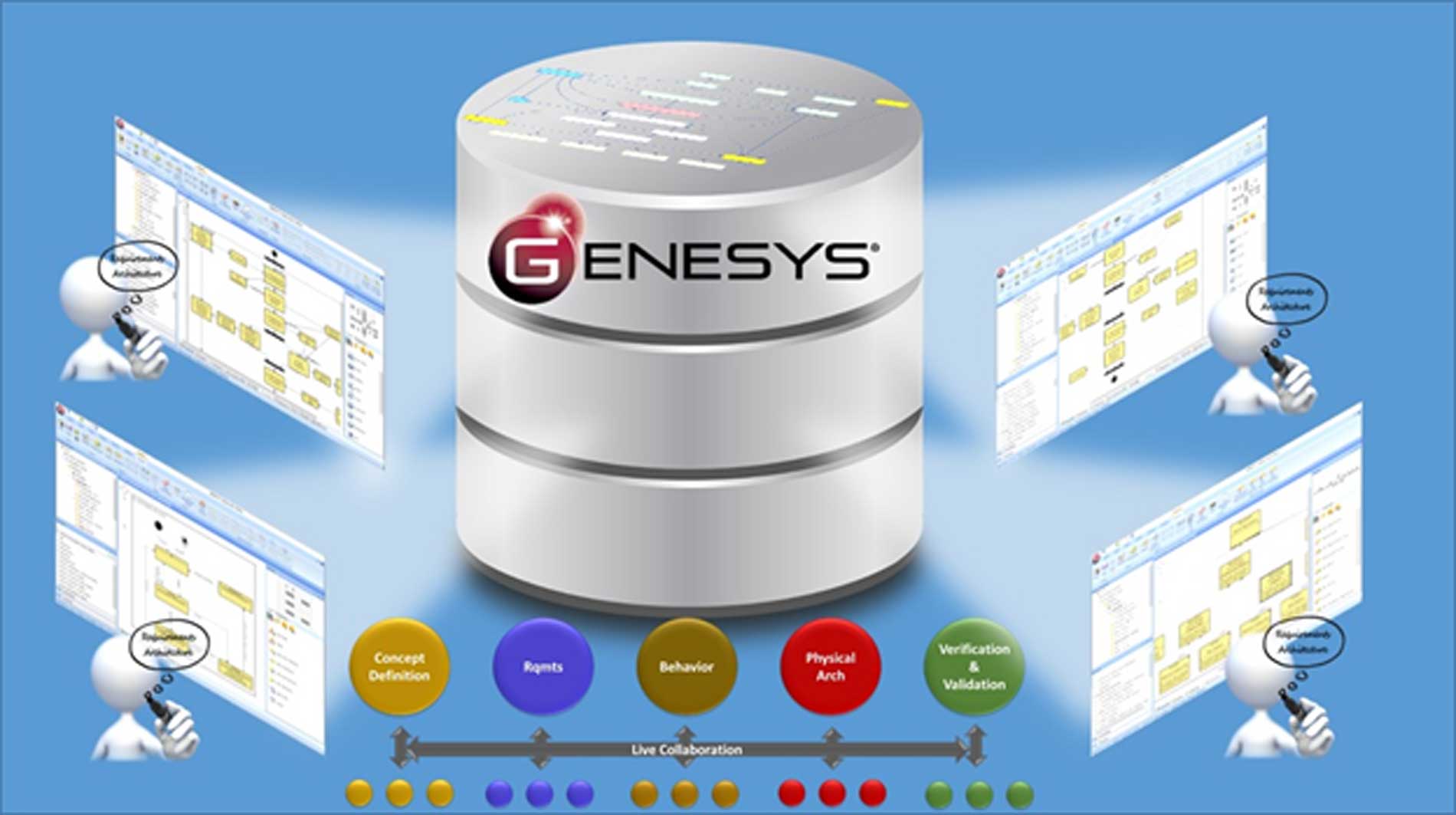
AI-Based PCB Place and Route
Zuken has announced the application of machine learning to the PCB place and route task. The ability to learn from past PCB layout tasks and apply that knowledge to future tasks aligns perfectly with the mission of digital engineering. Applying AI in this manner frees the engineer to take on more innovative and challenging tasks.
Other Zuken Digital Engineering Solutions
Beyond GENESYS, Zuken offers various digital engineering solutions catering to electrical and electronic design. Our tools facilitate the creation of detailed digital twins, providing a virtual representation that can be used for testing, validation, and optimization throughout the design lifecycle. This comprehensive approach ensures that every aspect of a product’s design is thoroughly vetted, reducing the likelihood of costly errors and accelerating the time to market.
Embracing the Digital Engineering Revolution
Related Products and Resources

- Webinar

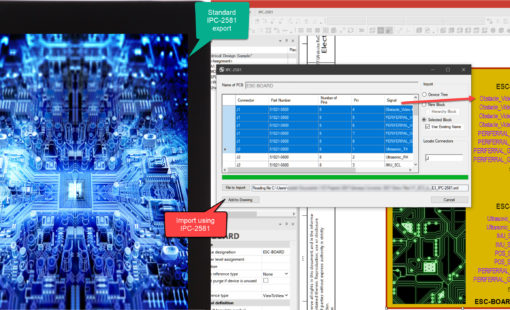
- Products
Digital Engineering requires a model-based design process that begins in Systems Engineering. Zuken acquired Vitech Corporation, a leader in Systems Engineering practices and MBSE solutions, with the intent of implementing an E/E model-based design process.
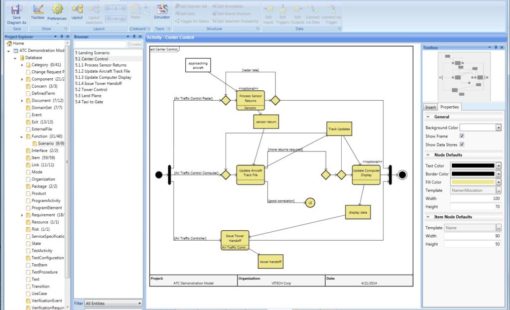
- Products
Digital Engineering requires a model-based design process that begins in Systems Engineering. Zuken acquired Vitech Corporation, a leader in Systems Engineering practices and MBSE solutions, with the intent of implementing an E/E model-based design process.


